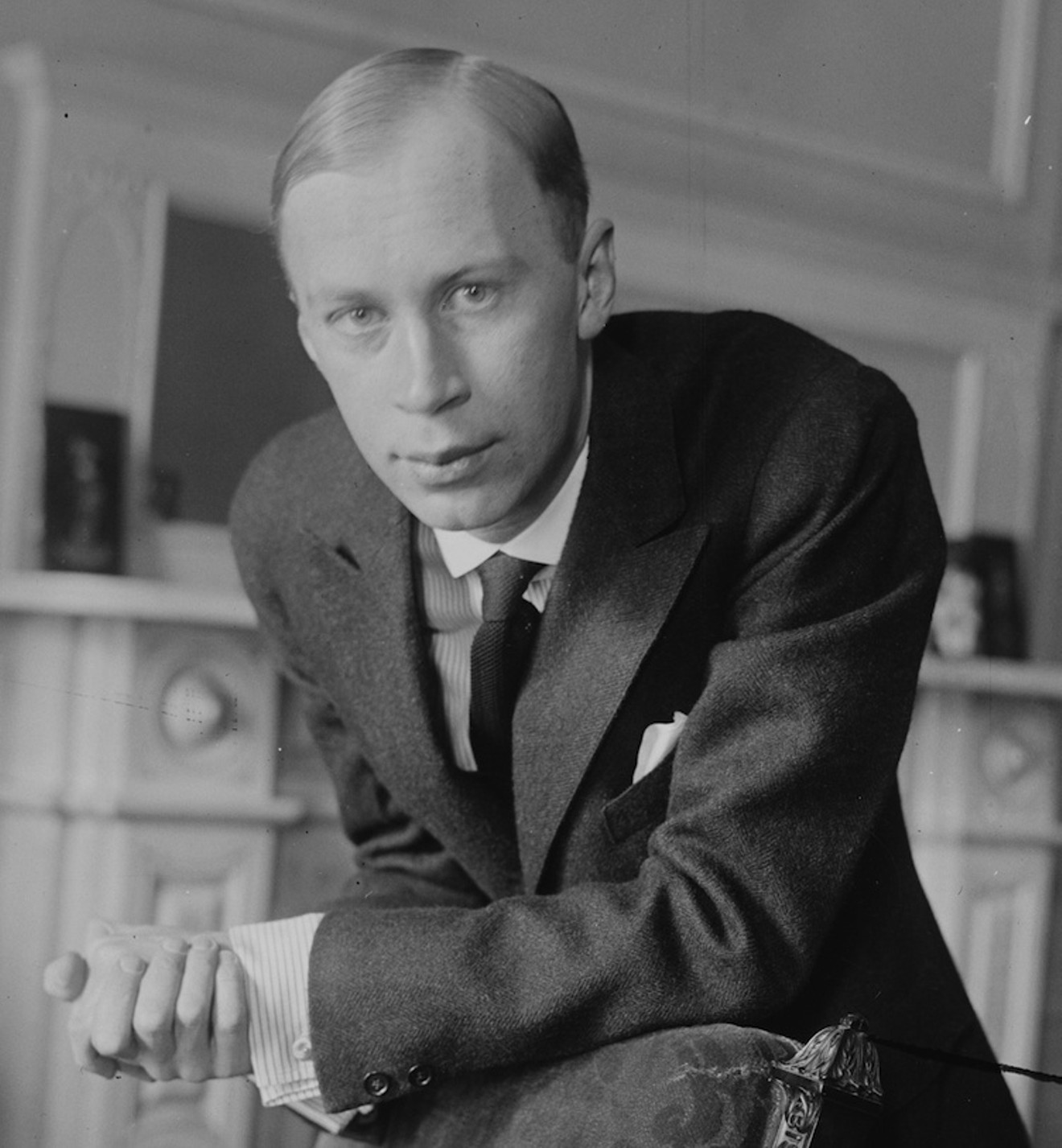Sometimes when you love somebody, you have to tell him when he's hurting himself. I love the Dallas Symphony, which is why I have to warn it that it should never, ever do anything like Saturday, June 3’s, disastrously boring concert again.
Ordinarily, the sight of a patron in a blue velvet romper would be the most unusual part of a night at the DSO. But Saturday, the orchestra canceled the first half of its program (Brahms’ Second Piano Concerto, with Grammy-winning guest Yefim Bronfman) and replaced it with an hourlong “Beyond the Score” lecture on Soviet Russia, read by four actors trading narration with real and made-up quotes from musical figures.
The subject was the only remaining music on the program, Sergei Prokofiev’s Symphony No. 5, written in 1944. One actor, unnamed in the credits, played Prokofiev, reading real quotes mixed with others that sounded dubious. The goal was to illuminate the symphony in some way — to supply it with some historical context, or to make the composer more relatable.
To be clear, I didn’t pay to see this. I paid to see the full program, but the customer service guy who processed my season ticket package didn’t warn me that Saturday’s program was different from Friday’s, and the orchestra never sent me any communication about the lecture. I suspect most audience members thought they were going to hear the Brahms.
A man behind me told his wife, “They’re not playing the Brahms concerto tonight. If you want to see it, we’ll have to pop back tomorrow.” I overheard another woman exclaiming with delight, “Oh, we’re going to see a movie!”
We did not see a movie. Instead we saw a dull, pedantic reading with video clips from propaganda cartoons, Eisenstein films and old stock footage of train journeys and wildflowers, plus the Dallas Symphony playing excerpts from various Prokofiev works.
Meanwhile, four actors read a whole lot of nonsense about Prokofiev and Soviet Russia. The most cardinal sin, maybe, was how boring it was. There were tiresome digressions to Prokofiev’s nostalgia for childhood, what his schoolteachers thought of him, his celebrity friends and his tourism. Actual quote: “This morning, I saw Niagara Falls!”
There were also bald lies told to the audience. Prokofiev was depicted rejecting an offer from Hollywood to write movie music, saying he loved communism too much, when the reality — not mentioned — was that Stalin was holding his children hostage, and an attempt to escape to Hollywood would have meant never seeing them again.
His Dallas stage persona fully embraced Soviet idealism when the reality was that he was, in essence, seduced back to Russia by spies, then forced to conform in order to escape persecution. (His cousin was sent to a gulag, as were dissident composer colleagues like Alexander Mosolov.) The DSO lecture even insinuated that “Peter and the Wolf” is secretly about fighting Nazis. It was written in 1936.
But what offended me most was that “Beyond the Score” goes beyond the idea of adding insight to music, and tries to dictate your response to music. The production insists on giving every moment in the Fifth Symphony a secret meaning: This tune is about wildflowers, this tune is about a dance Prokofiev saw as a kid, this tune is about a walk through the forest.
First of all, those suggestions are fictitious. But more important, why impose this on an audience? We have imaginations. We have emotions. We don’t need somebody else’s imagination dictated to us.
Great art is living. Great art can mean different things to different people. When “Beyond the Score” says you must understand Prokofiev’s childhood in order to appreciate his music, it’s like Antonin Scalia saying you must strictly follow the Founders in order to read the Constitution. Millions of American kids learned to hate Twain, Faulkner and Dickinson thanks to English teachers who impose this kind of “only one right answer” thinking on their students.
Great literature is more fun when teachers don’t shove the moral down your throat. Great music is more fun when the Dallas Symphony isn’t telling you to think about Nazis when you hear “Peter and the Wolf.” The “Beyond the Score” lecture was an insult, that we are too dumb to enjoy classical music without an hour-long explanation.
A symphony sales employee tells me that, “because this was such a success,” they plan on doing another deadening lecture next year. But they haven’t decided which concert will be the victim.
Season ticket packages are already available. Let the buyer beware.
[
{
"name": "Air - MediumRectangle - Inline Content - Mobile Display Size",
"component": "18855504",
"insertPoint": "2",
"requiredCountToDisplay": "2"
},{
"name": "Editor Picks",
"component": "17105533",
"insertPoint": "4",
"requiredCountToDisplay": "1"
},{
"name": "Inline Links",
"component": "18349797",
"insertPoint": "8th",
"startingPoint": 8,
"requiredCountToDisplay": "7",
"maxInsertions": 25
},{
"name": "Air - MediumRectangle - Combo - Inline Content",
"component": "17105532",
"insertPoint": "8th",
"startingPoint": 8,
"requiredCountToDisplay": "7",
"maxInsertions": 25
},{
"name": "Inline Links",
"component": "18349797",
"insertPoint": "8th",
"startingPoint": 12,
"requiredCountToDisplay": "11",
"maxInsertions": 25
},{
"name": "Air - Leaderboard Tower - Combo - Inline Content",
"component": "17105535",
"insertPoint": "8th",
"startingPoint": 12,
"requiredCountToDisplay": "11",
"maxInsertions": 25
}
]












